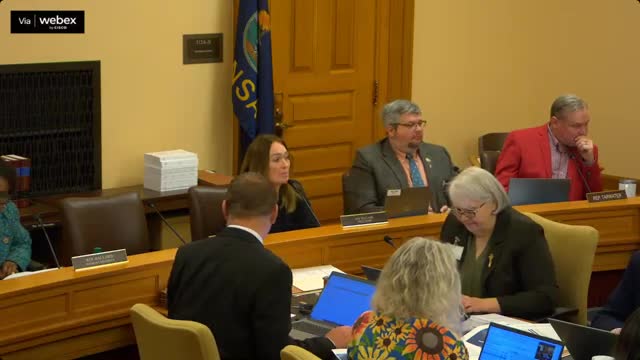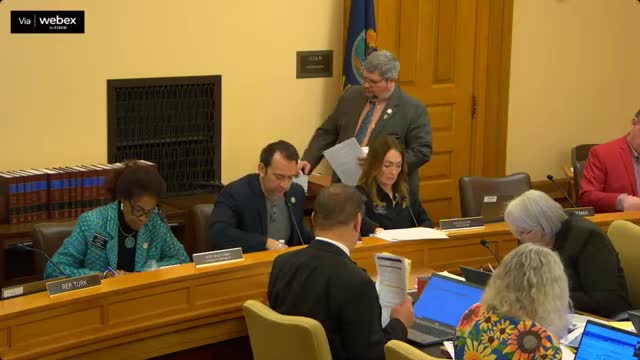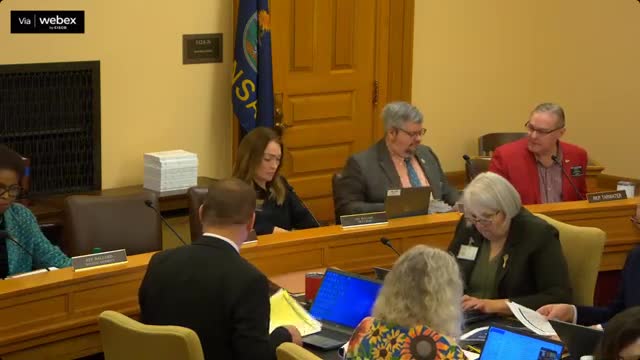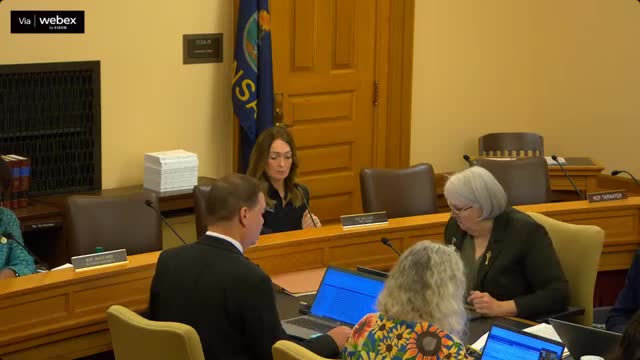Article not found
This article is no longer available. But don't worry—we've gathered other articles that discuss the same topic.

Votes at a glance: Appropriations committee actions on multiple agency budgets

Appropriations committee trims Board of Cosmetology spending after warnings of fee fund deficits

Appropriations committee retains $2 million SGF for 9-1-1 GIS mapping of schools after heated debate

